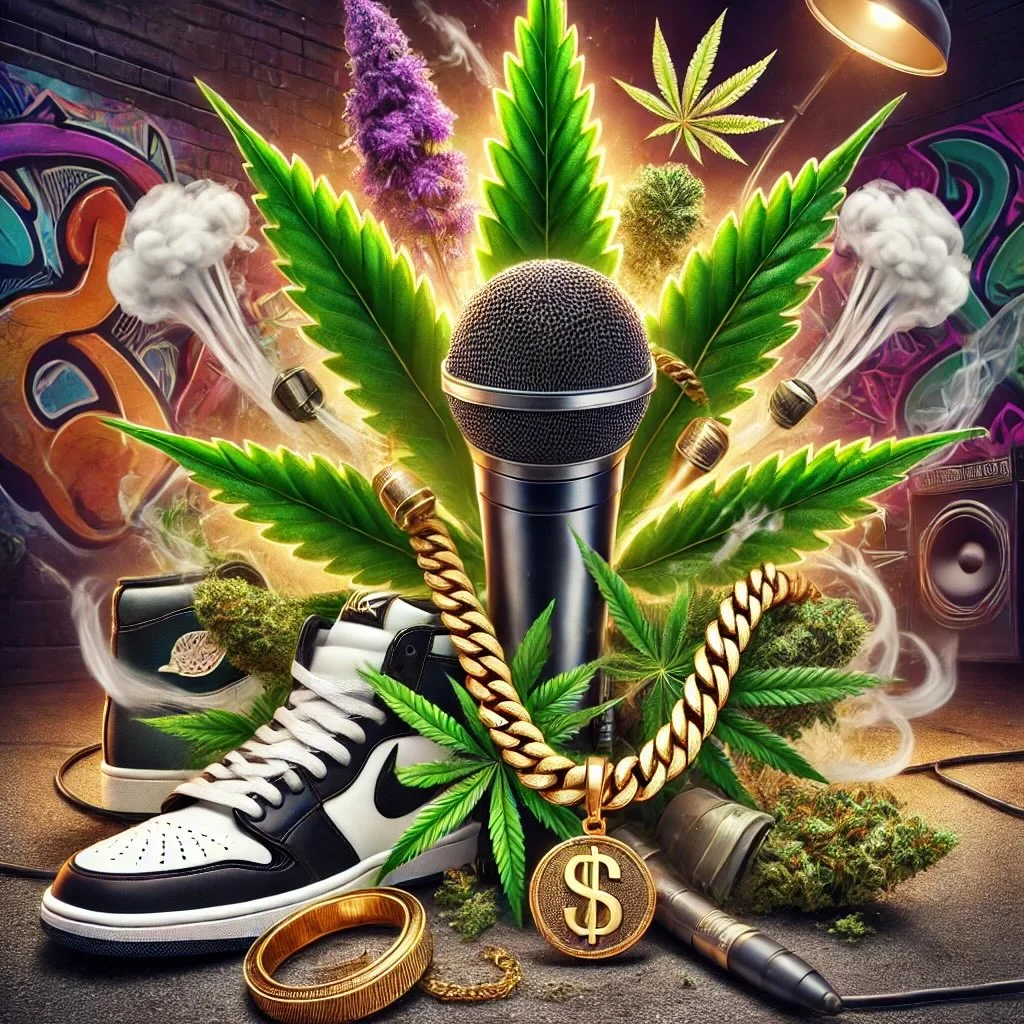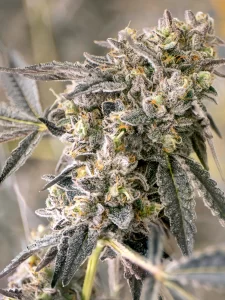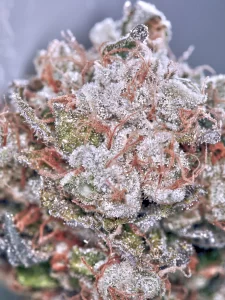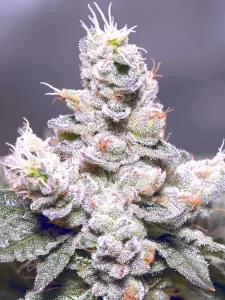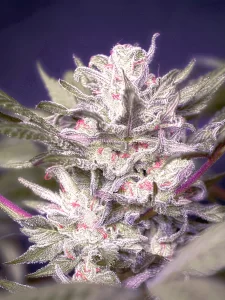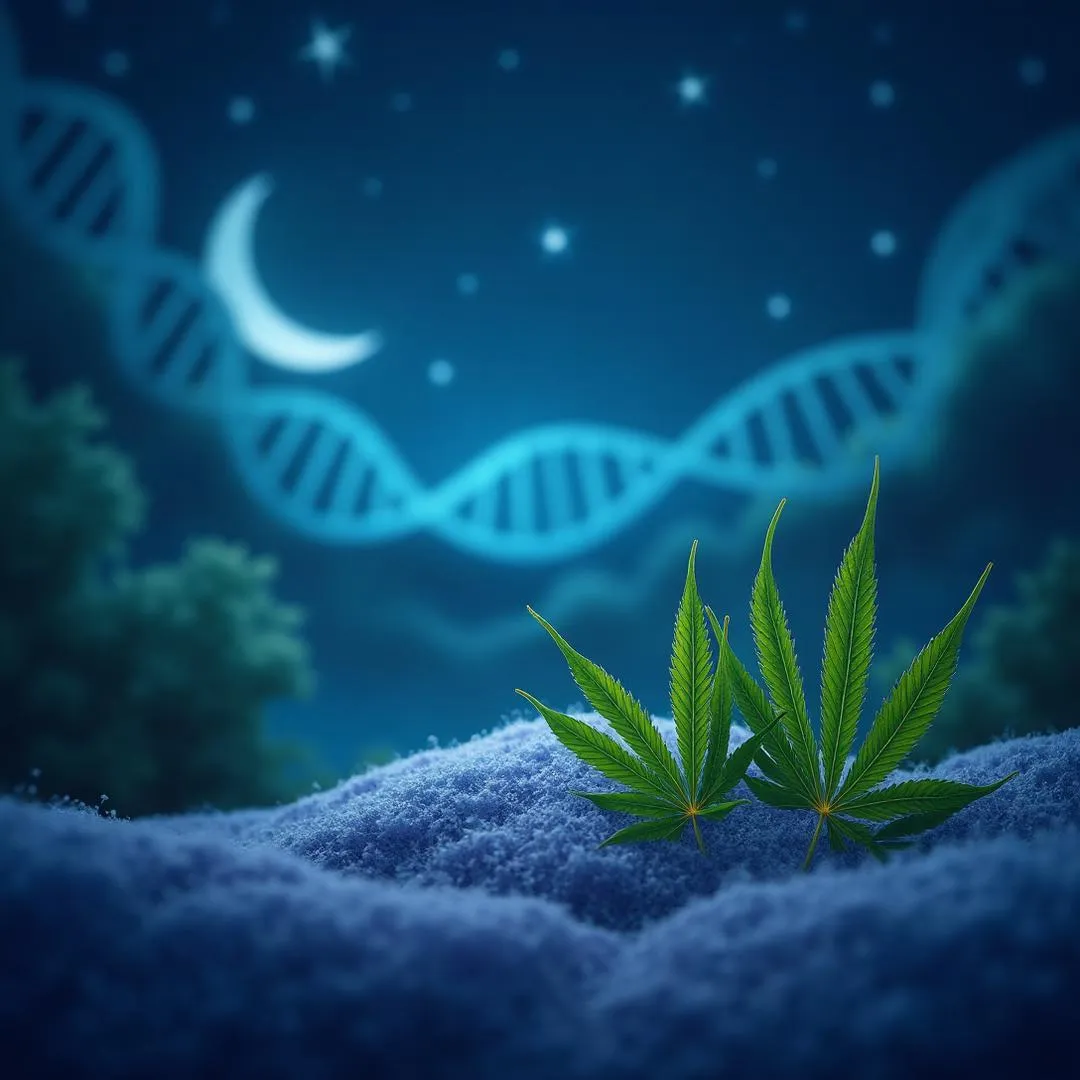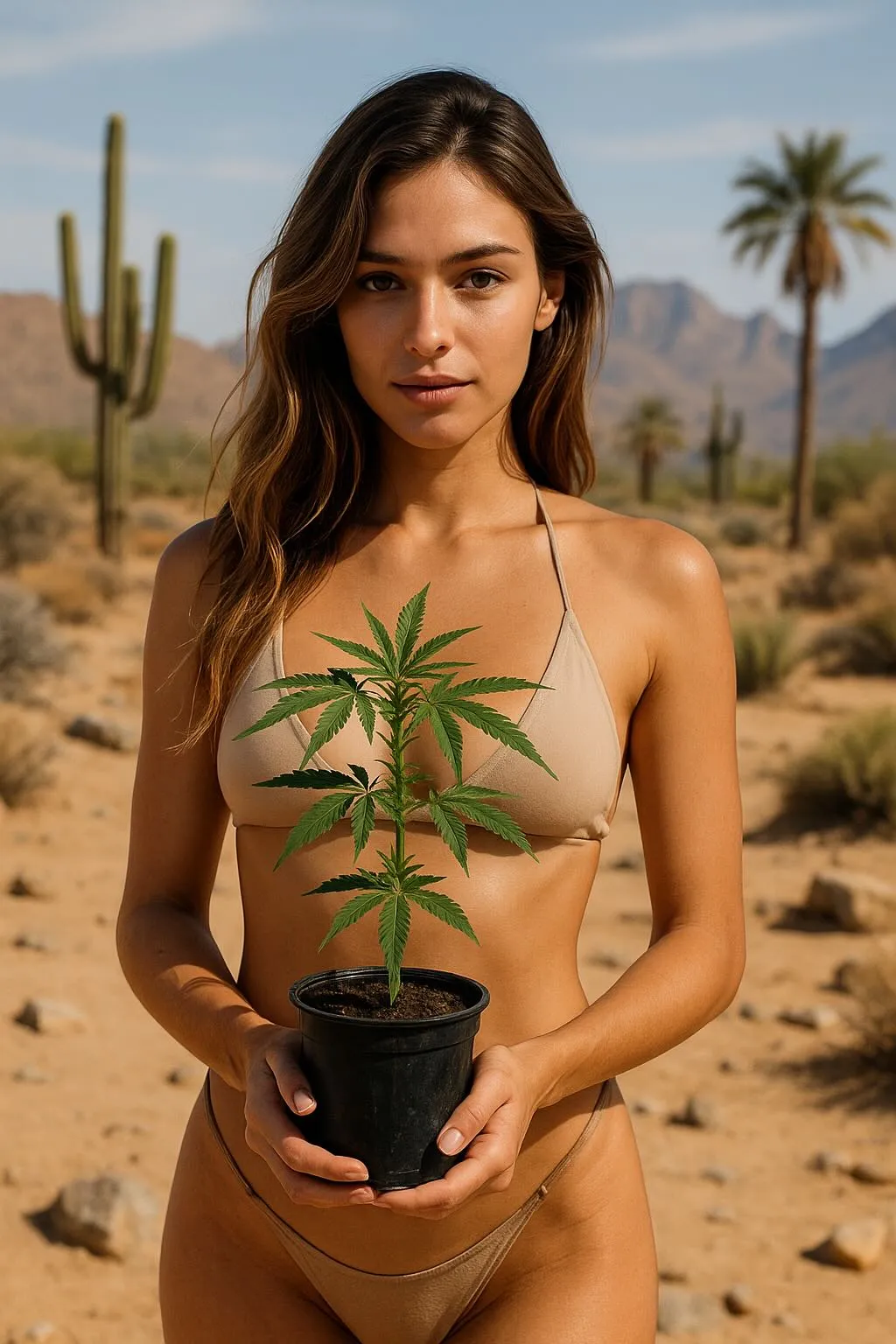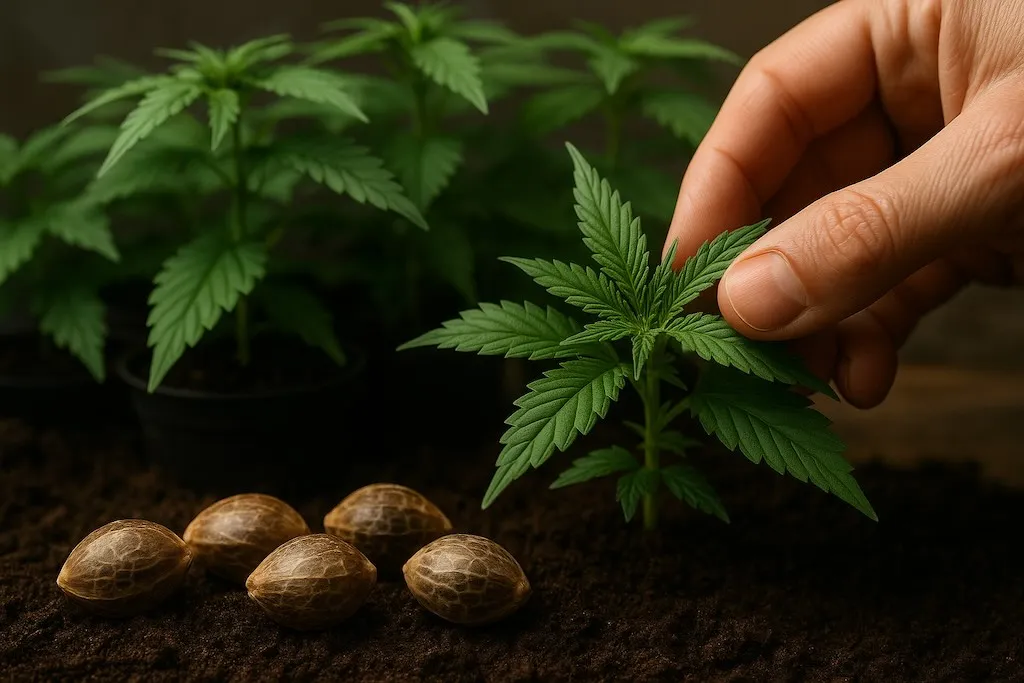Marijuana in Trap Music: A Deep Dive into the Influence and Connection
Trap music and marijuana go together like rolling papers and herb—it’s a natural fit, a relationship that goes way beyond the casual toke. If you’ve spent any time blasting the latest trap anthems or chilling to the laid-back beats of your favorite artists, you’ve probably noticed that weed isn’t just a background character. It’s the headliner, the muse, and sometimes even the therapist in the lives of trap artists. From Atlanta’s gritty streets to international stages, marijuana plays a significant role in the identity and creative process of many trap stars.
Let’s get into the nitty-gritty of how trap music and marijuana are intertwined, how different artists embrace it personally, and how they immortalize it in their lyrics.
The Cultural Context of Marijuana in Trap
Before diving into individual artists, it’s worth exploring the culture that fuels this connection. Trap music, born from the rugged streets of Atlanta in the early 2000s, is rooted in hustle, survival, and the grind of the drug game. Marijuana, being a staple of the urban lifestyle, naturally found its place in this narrative. It became both a metaphor and a literal fixture in trap, symbolizing everything from escapism and self-medication to relaxation and creative inspiration.
Marijuana in trap culture represents more than just a recreational pastime. It’s about rebellion, stress relief, and in many cases, a symbol of success. For artists who have seen the darker side of life, weed can be a way to decompress, process their experiences, and keep their creativity flowing.
Let’s not forget that trap music itself is inherently rebellious. It’s raw, unapologetic, and often speaks to the struggles of marginalized communities. In these spaces, marijuana has long been both a form of relief from systemic oppression and a way to amplify creativity. Trap artists didn’t just start talking about marijuana because it was trendy. It’s been part of their lives, their communities, and their hustle for a long time.
Gucci Mane: The OG Stoner of Trap
If we’re talking about the marriage of weed and trap music, Gucci Mane is one of the first names that comes to mind. Gucci, an Atlanta legend, has openly embraced marijuana throughout his career, both as a form of relaxation and a creative catalyst. Gucci’s relationship with weed is reflective of the early trap scene—street, gritty, and unapologetic.
In songs like “Pillz” and “Smoke 1,” Gucci frequently alludes to his love for marijuana, making it clear that weed is a central part of his life. For Gucci, marijuana seems to represent balance. It helps him chill when the pressures of life, fame, and the streets get too real. And it’s no secret that Gucci, like many of his peers, has had a turbulent journey with mental health and the law. Marijuana, in some ways, seems like a grounding force for him. His calm, laid-back demeanor offstage (especially after his transformation post-prison) can be attributed, at least in part, to his love for the green.
Gucci’s relationship with marijuana is not just casual. It’s part of his brand. When he’s not dropping bars about diamonds and Bentleys, he’s rolling up and blowing smoke. It’s a lifestyle, and one that Gucci has mastered in a way that feels effortless. In a world full of hype, Gucci’s love for marijuana is authentic and intrinsic to who he is as an artist.
Future: From Percs to Weed
While Future may be better known for his references to other substances (hello, “Mask Off” and the whole lean-and-Xanax wave), weed still plays a crucial role in his music and personal life. Future’s relationship with marijuana reflects a duality. It’s both a source of relief and a backdrop to his often dark, introspective lyrics. Future’s music paints a picture of a man who uses weed as both an escape and a muse. Weed becomes a companion in his struggles, especially as he navigates themes of heartbreak, loss, and existentialism in his tracks.
In his song “Kush,” Future talks about getting high and feeling invincible, but it’s never just about getting stoned. It’s about managing the heavy burdens he carries—fame, failed relationships, and the hustle. Weed in Future’s world is a form of therapy, a way to cope with the pressures of constantly being in the limelight.
Future’s lyrical relationship with marijuana is more emotional than celebratory. While artists like Gucci Mane and Wiz Khalifa might be about pure enjoyment, Future’s references often carry an undertone of sadness, reflecting the complexity of using weed as an emotional crutch. His music often blends the high of marijuana with the lows of life, making it clear that for Future, it’s not all fun and games—it’s survival.
Young Thug: The Icon of Weed and Eclecticism
Young Thug is another Atlanta legend who has made his love for marijuana crystal clear in his music. Young Thug’s personality and aesthetic are as eccentric and unpredictable as his music, and his relationship with weed reflects that same wild, free-spirited energy. Thugger uses marijuana as an enhancement to his already off-the-wall creative process. His eclectic sound and avant-garde approach to trap music seem almost fueled by his frequent indulgence in weed.
In tracks like “Stoner,” Young Thug isn’t just casually mentioning weed—he’s outright celebrating it. Weed is part of his persona, his art, and his life. He presents it as more than just a habit; it’s a defining feature of his identity. The way he raps about weed, intertwined with his abstract metaphors and signature mumble, feels almost like an art form. For Thug, marijuana seems to represent freedom—freedom to create, express, and break the mold of what trap music can be.
Young Thug’s approach to marijuana is unique in that it mirrors his larger-than-life personality. It’s not just a casual hobby; it’s a tool for artistic exploration and self-expression. His music gives off an almost psychedelic vibe, where marijuana is the gateway to his creative world. Whether he’s rapping about wild fashion, sexual fluidity, or the streets, weed is always lurking in the background, adding to his mystique.
Migos: The Power Trio of Weed and Flex
The Migos, consisting of Quavo, Offset, and Takeoff (RIP), are another iconic trap group that frequently references marijuana in their music. For Migos, weed isn’t just about chilling—it’s a part of their flex. From luxury cars to designer clothes, their references to weed are often tied to their overall lifestyle of excess and success. In their music, smoking the finest strains of weed is as much a status symbol as owning a diamond-studded Rolex.
In songs like “Pipe It Up” and “Handsome and Wealthy,” the Migos mention rolling up blunts as casually as they talk about their cars and girls. Marijuana becomes part of their world of wealth and power, a sign that they’ve made it. The idea is that they’re smoking the best weed because they’re living the best life. In the world of Migos, weed equals success, and that’s something they flaunt unapologetically.
The trio has also talked about how marijuana helps them stay grounded amidst the chaos of their rapid rise to fame. With nonstop touring, recording, and the pressure to stay relevant in a fast-moving industry, weed offers them a chance to slow down and reconnect. It’s part of their chill vibe offstage, a way to maintain their cool despite being in the eye of the storm. Marijuana in Trap Music
Lil Baby: From Street Hustle to Weed Guru
Lil Baby, one of the newer faces in the trap game, has also had a close relationship with marijuana throughout his rise to fame. Like many trap artists, Lil Baby’s weed references are rooted in his early life in the streets. Before making it big, Lil Baby was grinding, and weed was part of that hustle. It’s a familiar story in the trap world: marijuana, the streets, and the grind are all intertwined.
In his songs, weed is sometimes a reflection of his success and other times a nod to his past. In tracks like “We Paid” and “Sum 2 Prove,” Lil Baby blends his love for smoking with themes of perseverance and making it out of the streets. Weed, for him, seems to serve as both a reward and a reminder of where he came from. Now that he’s made it, smoking the finest weed is a marker of his success, but it’s also a connection to his roots.
What’s interesting about Lil Baby is how he incorporates marijuana into his persona without letting it define him entirely. Unlike other trap artists, where weed is the focal point, Lil Baby uses it as a backdrop, a part of his lifestyle but not the whole picture. For him, it’s a reward for the hard work he’s put in, a part of the good life he’s earned. Typical example of Marijuana in Trap Music
Conclusion: Weed as Trap’s Constant Companion
Marijuana’s presence in trap music is impossible to ignore. Whether it’s a coping mechanism, a source of creative inspiration, or a status symbol, weed has become an intrinsic part of the genre. For artists like Gucci Mane and Young Thug, marijuana is central to their identity, while for others like Future and Lil Baby, it plays a more nuanced role. Regardless of how they approach it, weed is a constant companion in the world of trap, a reflection of the lifestyle, the struggles, and the triumphs that define the genre.
In trap music, marijuana is more than just a substance—it’s a symbol. It represents the highs and lows of the trap lifestyle, the struggles of making it out of the streets, and the celebration of success. It’s a muse for some, a coping mechanism for others.

